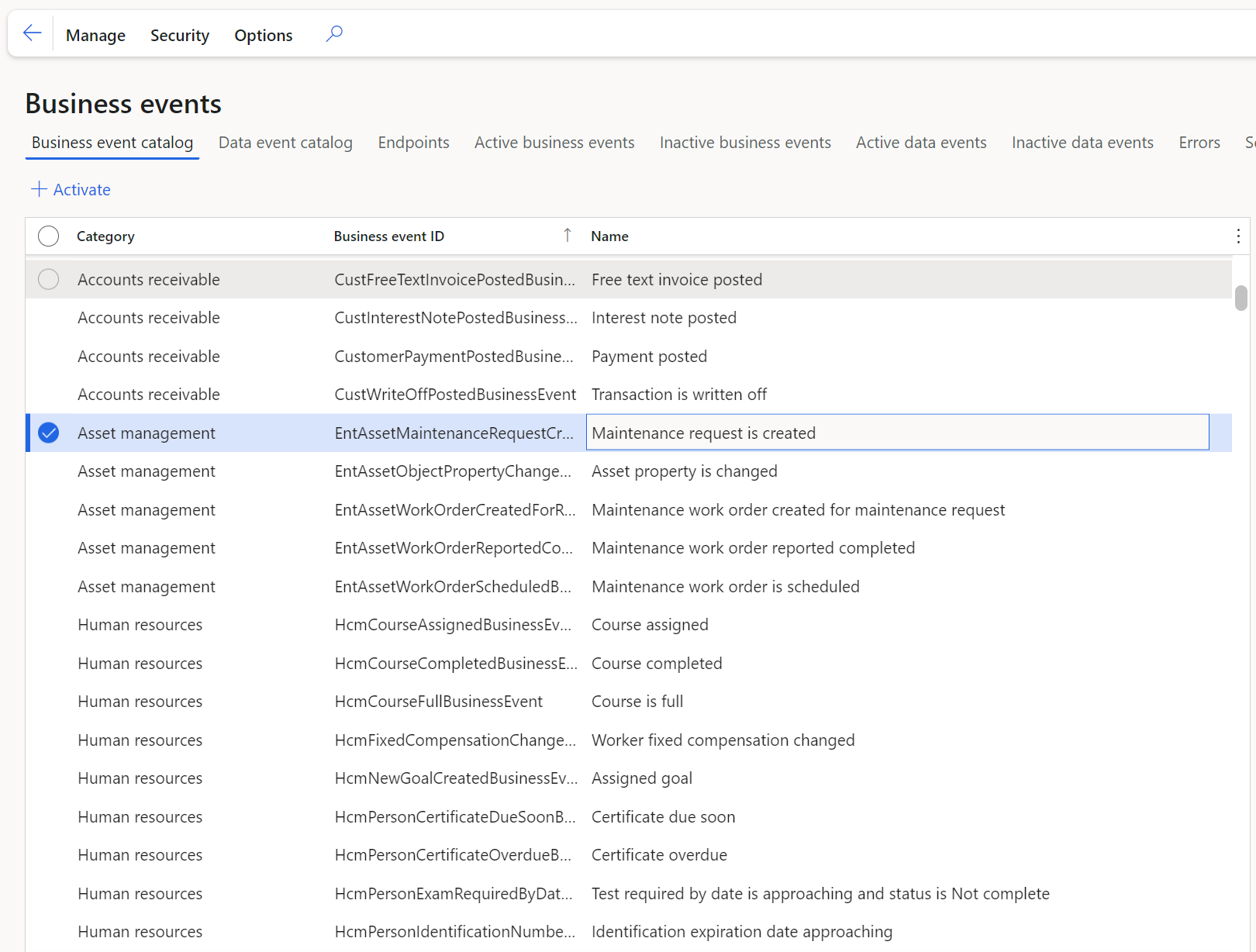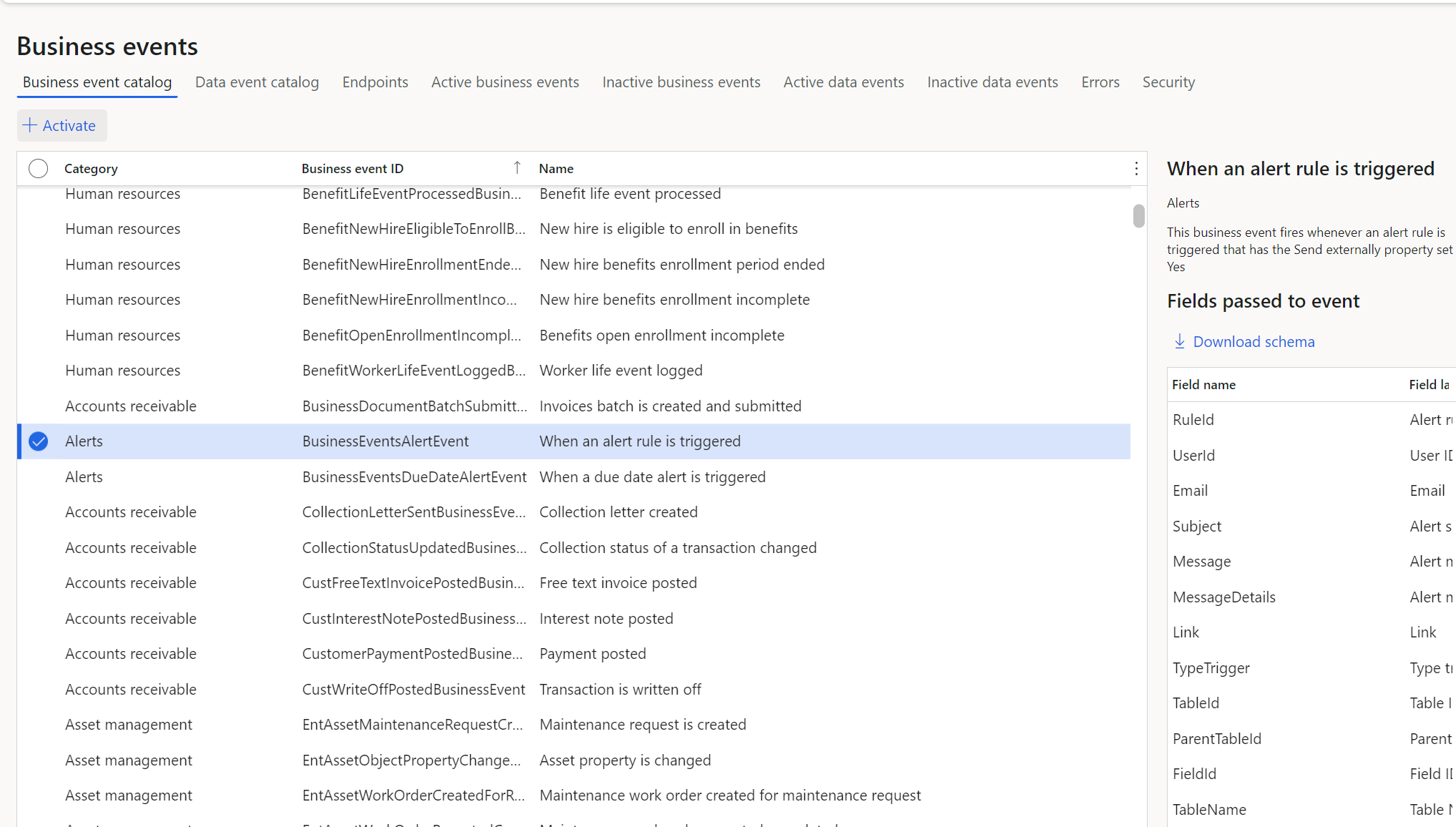Enabling Real-Time Integration: Using Business Events in Dynamics 365 Finance & Operations


Dynamics 365 Finance and Operations (D365FO) is remarkable for streamlining operations, boosting financial performance, and increasing productivity. A standout feature, Business events, changes the game for D365FO users by transforming the way enterprises tackle real-time integration and automation. This post will explore the importance of Business events, their main features, how they can be applied practically, and the ways they can transform your business processes.
What are Business Events in Dynamics 365 F&O?
Business events in D365FO revolutionize the communication between business processes and external systems. Triggered by specific scenarios within the system, they pave the way for an event-driven approach that simplifies operations. This method empowers businesses to react swiftly to changes, enhancing their agility and operational efficiency.
When certain business actions or outcomes occur in Dynamics 365 Finance and Operations, Business events dispatch notifications. These alerts can be integrated seamlessly by external programs or services, enabling fluid integration and automation across diverse systems. This eliminates the need for custom checks or direct database access, streamlining the entire process.
Understanding Real-Time Integration and Automation
With Business events, D365FO becomes not just a data repository but an active participant in a broader ecosystem of applications. Whether it’s updating an external CRM system, triggering a workflow in a document management system, or sending notifications to a mobile app, Business events help ensure that all systems within the enterprise landscape remain synchronized and updated in real-time.
Key Features and Benefits
- Efficiency and Scalability: Business events cut down on the need to constantly check the D365FO database, reducing system load. This leads to improved performance and the ability to handle growth.
- Flexibility: D365FO offers a variety of predefined Business events and lets you create custom ones too, making it easier to handle a wide range of integration scenarios that meet specific business requirements.
- Real-Time Response: Instant alerts about business conditions enable quick reactions, making sure that business processes adjust quickly to any changes.

Examples of Business Events in Action
Imagine once an order is completed in Dynamics 365 Finance and Operations, it instantly updates a CRM system, notifying account managers immediately. Also, think about when low inventory levels trigger a buying process automatically. These examples demonstrate how Business events can enhance operational efficiency and customer satisfaction.

Best Practices for Configuration and Management
To use Business events in D365FO effectively, you should:
- Plan which events to track, focusing on what your business needs.
- Set up Business events in D365FO to make sure they trigger and handle correctly.
- Test with other systems to ensure smooth, real-time communication and action.
Future Trends and Developments
The outlook for Business events in D365FO looks promising. Ongoing efforts aim to expand the range and depth of scenarios that can be covered. Look forward to better analytics, predictive insights, and AI-powered automation. Business events will play a crucial role in driving innovation and providing a competitive advantage.
To summarize, Business events in D365FO offer a strong foundation for quick integration and automation, helping companies remain agile and competitive. Through Business events, companies can greatly improve efficiency and gain valuable insights, setting them up for future success in ERP.

